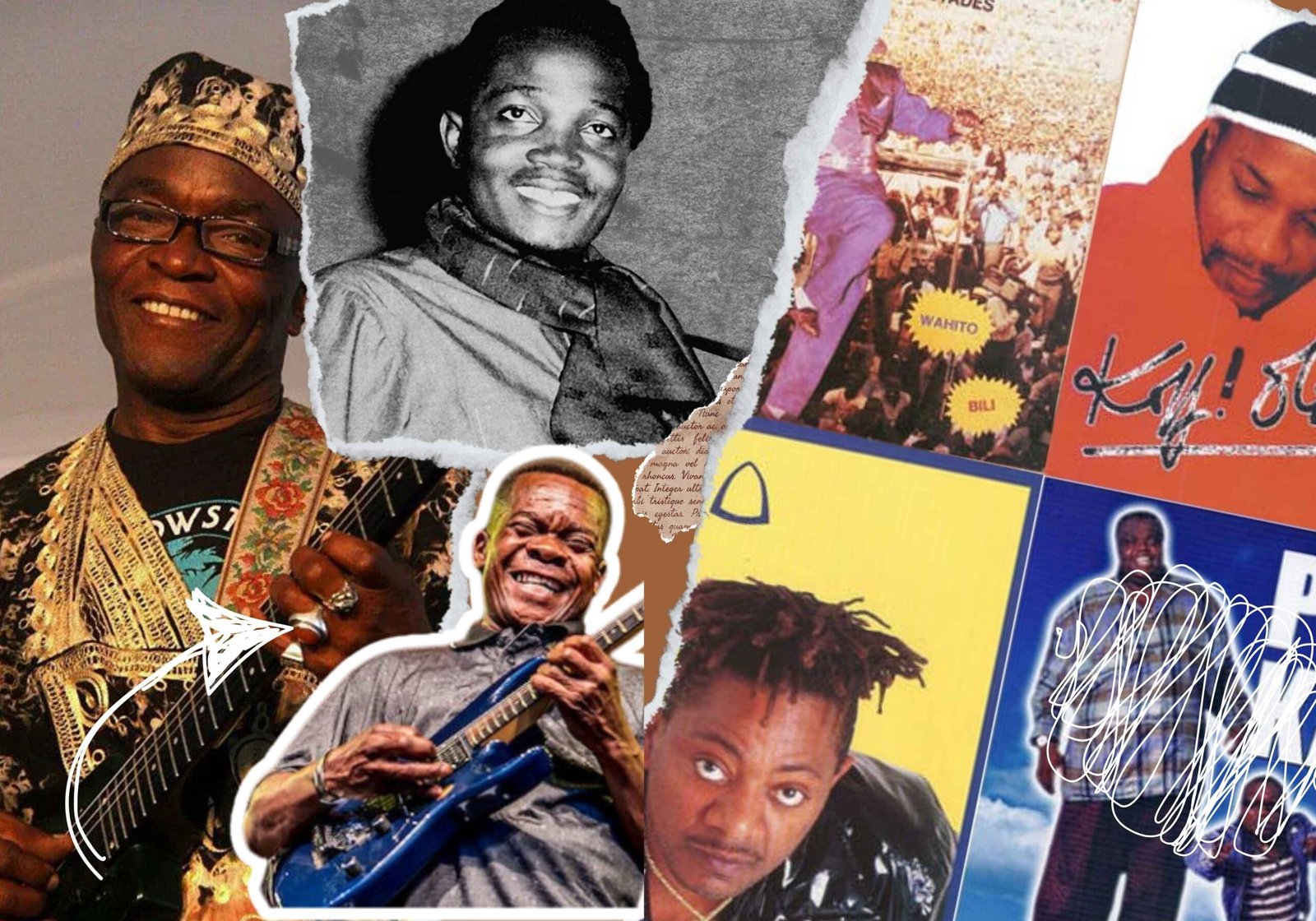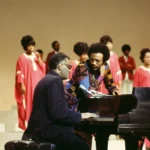The Vibrant World of African Soukous Music: Origins, Influences, and Legacy

Introduction to African Soukous
African soukous is a dynamic dance music genre that originated in Central Africa, specifically in the Democratic Republic of the Congo (formerly Zaire) and the Republic of the Congo. Emerging in the 1960s as an evolution of Congolese rumba, soukous is renowned for its lively rhythms, intricate guitar melodies, and infectious beats. Its unique blend of traditional African rhythms with modern instruments has made it a cornerstone of African popular music.
What Does “Soukous” Mean?
The term “soukous” is derived from the French word secousse, meaning “shock” or “jolt,” symbolizing its electrifying energy. Soukous became synonymous with energetic dance and high-spirited performances, making it a favorite across Africa and beyond.
The Evolution of Soukous Music
Initially rooted in Congolese rumba, soukous transitioned into a faster-paced style that captivated audiences worldwide. The 1980s saw its rise in France, where many Congolese artists relocated, creating subgenres like ndombolo, characterized by rapid tempos and vibrant dance movements.
Key Elements of Soukous
- Instrumentation: Soukous heavily features electric guitars, bass, drums, and horns. The guitar takes center stage with intricate, melodic riffs.
- Language: Vocals are often in Lingala, Kikongo, French, or Swahili, addressing themes like love, societal issues, and everyday life.
- Danceability: The genre’s lively beats make it perfect for dancefloors.

Legendary Soukous Artists
Soukous owes much of its success to iconic artists who shaped its identity:
- François “Franco” Luambo Makiadi: Leader of TPOK Jazz, he made the guitar central to soukous music.
- Tabu Ley Rochereau: A pioneer who fused Afro-Cuban, Caribbean, and Congolese sounds to define the genre.
- Papa Wemba: Known for blending soukous with Latin and French pop influences.
The Global Influence of Soukous
Soukous has significantly influenced other African music styles, such as Kenya’s benga and Tanzania’s muziki wa dansi. It has also inspired global audiences, with its rhythms resonating in various genres.
Discover Soukous Today
Modern compilations, like Kampire Presents: A Dancefloor in Ndola, showcase the genre’s enduring vibrancy and influence. Whether you’re a longtime fan or new to soukous, this music guarantees an exhilarating experience.
In Conclusion
African soukous is more than a music genre—it’s a cultural movement that has transcended borders. Its infectious rhythms, masterful guitar work, and powerful vocals make it a timeless treasure in the global music scene.








